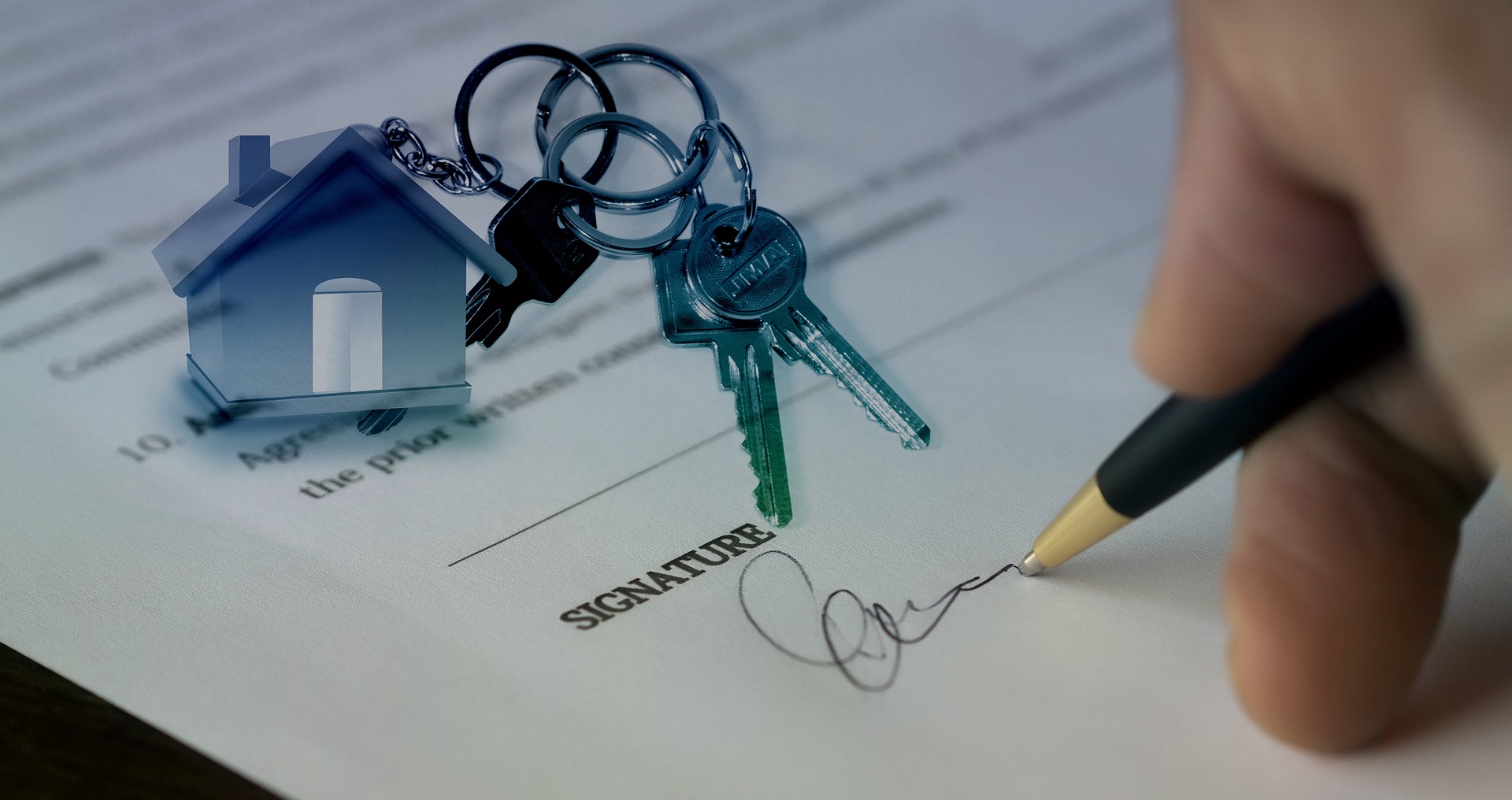
You put so much time into deciding what neighborhood you want to live in and the features your new home must have. You browse countless online listings and visit many homes in person. You may have found what you thought would be the perfect house for you and tragically ended up outbid.
But eventually, you find your house, make an offer, and have it accepted. The hard part’s over, right? Wrong! Now comes the fun part: closing! If you’ve been searching for a home, you’ve likely heard this tossed around, but many don’t realize what it means and how involved the entire process is.
But closing is an integral part of the home-buying process. There are many steps involved, and it seemingly takes a village to make it happen. There are also some significant costs involved, which means it’s essential that you are prepared for it so you can budget accordingly.
The best real estate agents, like the ones at The Shawn Lepp Group, will always discuss these steps and costs with the buyers they work with, but if they don’t, or if you want to be aware of the process far in advance, this guide will let you know everything you need to know about closing on a house.
Table of Contents
The Basics
Closing day is the day you officially take possession of the house. It’s a busy and stressful day, but at the end, it will all be worth it as it’s the culmination of all your hard work. There are many moving parts, and several people are needed to make it happen. You’ll likely work with:
- Your real estate agent
- Mortgage lender
- Real estate lawyer
- Insurance company
You might think you have everything prepared and the day will go smoothly, but it’s important to expect the unexpected. Hiccups and interruptions are likely to happen, especially if you’re moving in on the same day or buying and selling at the same time, and understanding that will allow you to keep a cool head when they do.
The Process
On closing day, your real estate agent takes a backseat, and it’s really the real estate lawyer that is front and center. They will review all legal documents, including the purchase agreement, and ensure there are no liens registered against the property.
They will also hold the closing funds and mortgage funds in trust until everything is finalized and ready to be transferred to the seller. Plus, they sign the land transfer documents and property title to finalize the whole transaction.
The lawyer will work with your mortgage lender, who ensures the mortgage funds are available on the day so the seller can receive them. Your insurance company also comes into play, as they will give you proof of insurance to supply to your lawyer so the mortgage funds can be released.
When this is all done, you will get the key to your new house and officially be the owner!
The Costs
All that work doesn’t come for free, however. Closing costs vary depending on where the transaction is taking place, but in general, planning for 3-4 per cent of the total home purchase price is a good idea.
Closing costs can include the fee for your real estate lawyer, land transfer taxes, and sales tax on mortgage insurance and title insurance. Depending on your circumstances, costs can also include a home inspection fee (typically done earlier in the process), bridge financing, and an appraisal fee.
It’s worth understanding the process and the costs involved in advance, so you can adequately prepare for them rather than having them be an unpleasant surprise just as you’re getting ready to celebrate the start of your life in your new home.



